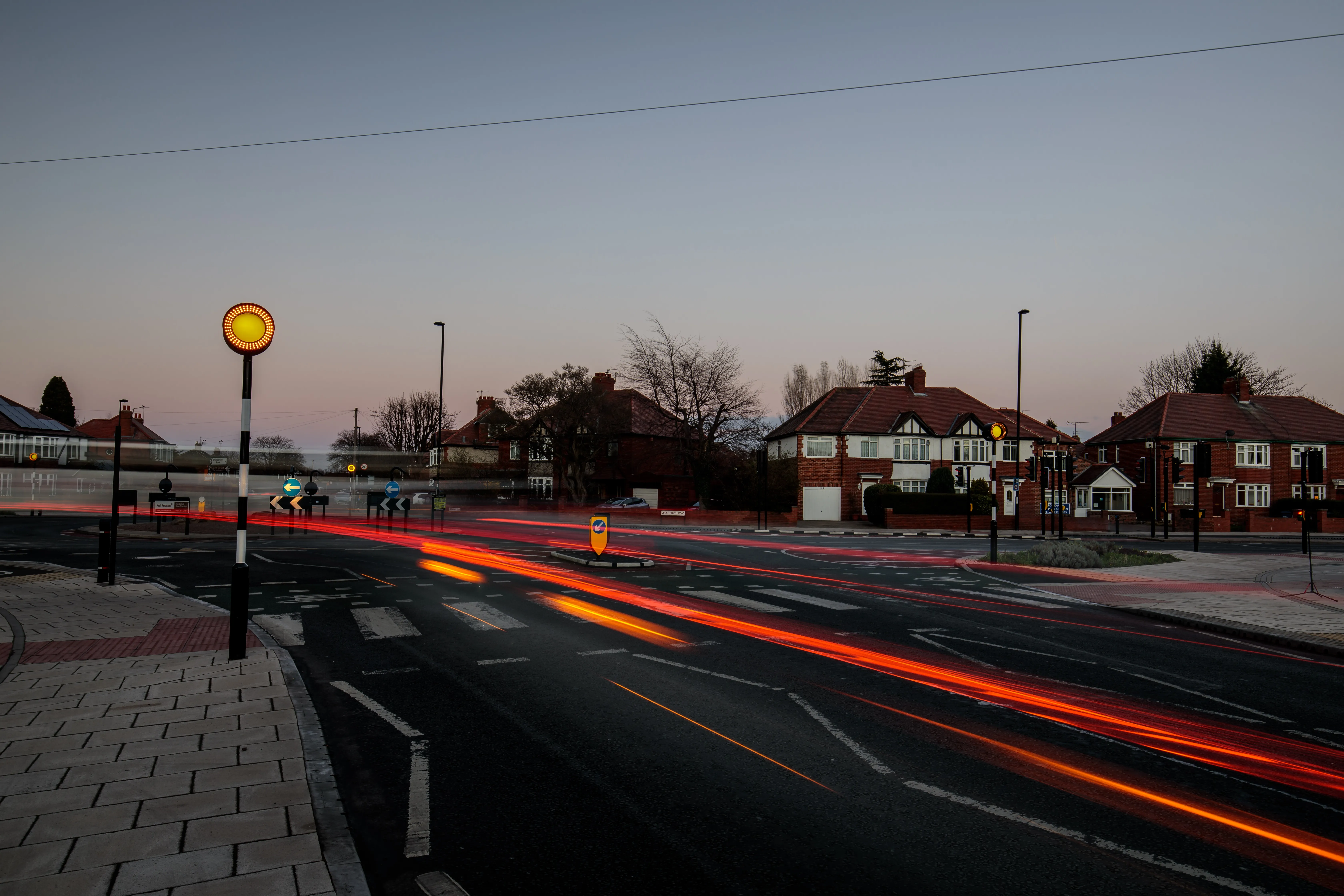
TWM Traffic Control Systems has won a three-year contract worth almost half a million pounds to supply and install all electronic vehicle-activated signage in England’s Wirral Borough.
TWM is a division of Pilot Group, a Manchester-based firm that specialises in carbon reduction technology including energy-efficient lighting, energy management systems and electric vehicle charging.
TWM’s solutions for the Wirral, near Liverpool in the north-west of England, use LED VAS (vehicle activated signs) to warn drivers of any impending danger due to excess speeds or unforeseen hazards. Using a combination of sensor technology and wireless communications, the solutions can be adapted for any application the client may face on their infrastructure network.
All signs will be powered by off grid supply or renewable energy where possible.
With the importance of intelligent transport systems growing throughout the highways industry, the systems provide the added benefit of traffic data collection. The data can be used to evaluate the success of the safety schemes being implemented throughout the area. TWM says that the use of its content management software SMARTway ensures the data is easily accessible to assess the information being collected and allows for safer and more flexible management of the asset.
The Pilot Group brands includes Pilot Group EV, Pilot Group Energy Management Systems, Pilot Group Enterprise IT, Pilot Group Engineering, Hilclare (energy saving lighting) and TWM Traffic Control Systems.









